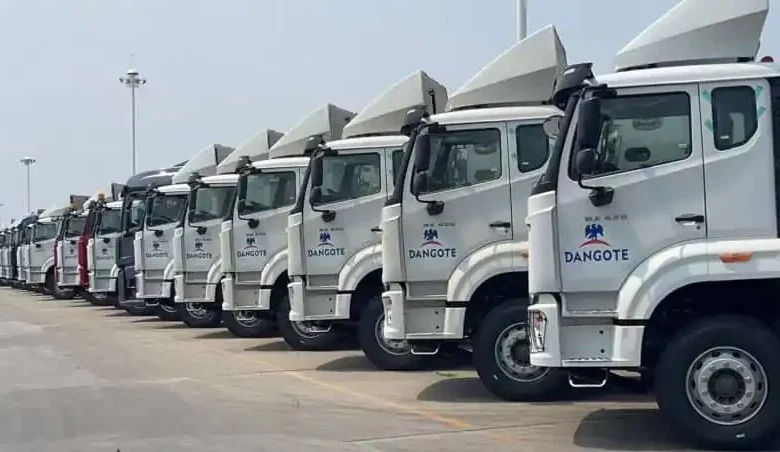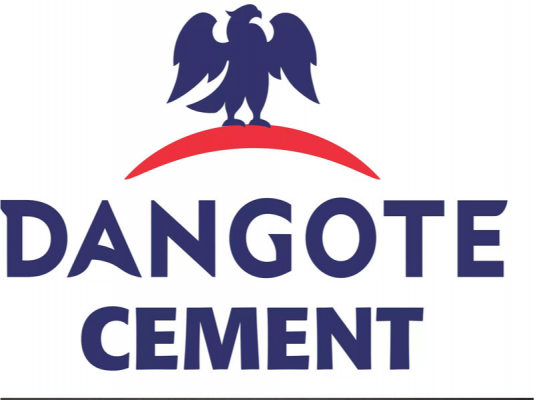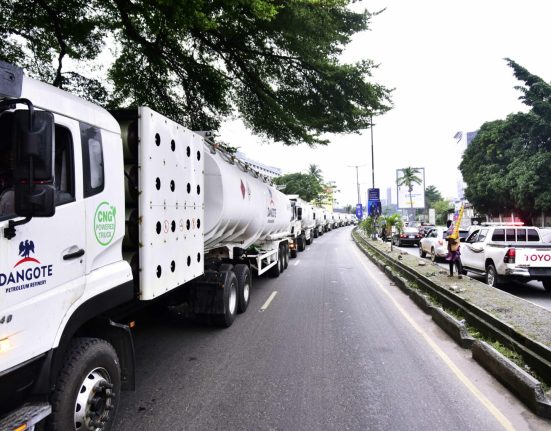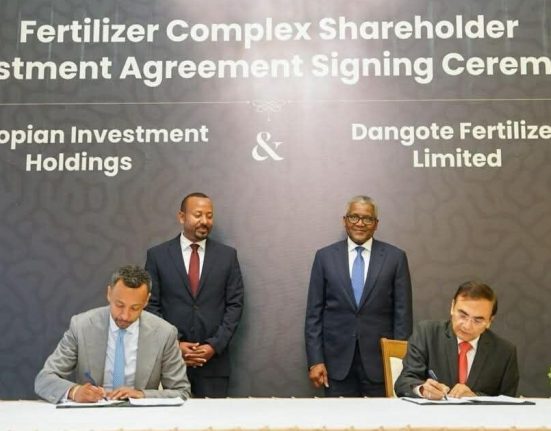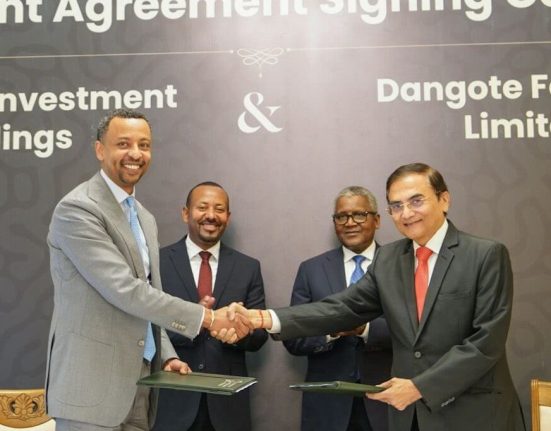A wave of anxiety has swept through the ranks of petroleum tanker drivers following the announcement of a major distribution agreement involving Dangote Group and leading marketers for the rollout of 4,000 Compressed Natural Gas (CNG)-powered trucks across Nigeria.
The strategic partnership, which aims to revolutionize fuel distribution and reduce reliance on diesel-powered trucks, is expected to significantly reshape the downstream logistics landscape. The initiative aligns with President Bola Ahmed Tinubu’s national gas expansion policy and the federal government’s push towards more sustainable and cost-effective energy solutions.
Sources within the Petroleum Tanker Drivers (PTD) branch of the Nigeria Union of Petroleum and Natural Gas Workers (NUPENG) revealed growing unease among drivers over potential job losses and reduced haulage contracts due to the shift from conventional diesel trucks to CNG-powered vehicles managed by corporate distributors.
According to industry insiders, the 4,000 CNG trucks, largely procured by Dangote Industries and a coalition of major marketers, are expected to dominate fuel transportation networks across major routes, offering cheaper operational costs and better environmental compliance.
In response to these concerns, PTD officials have called for urgent consultations with stakeholders to ensure that the transition does not sideline thousands of drivers who currently rely on independent contracting and leasing systems for livelihood.
Meanwhile, energy analysts hail the development as a bold step toward decarbonizing Nigeria’s logistics sector, cutting fuel costs, and enhancing distribution efficiency amid the nation’s persistent fuel supply challenges.
As discussions continue, attention remains on how the government and private sector will balance innovation with social responsibility to avoid a backlash from displaced workers.

